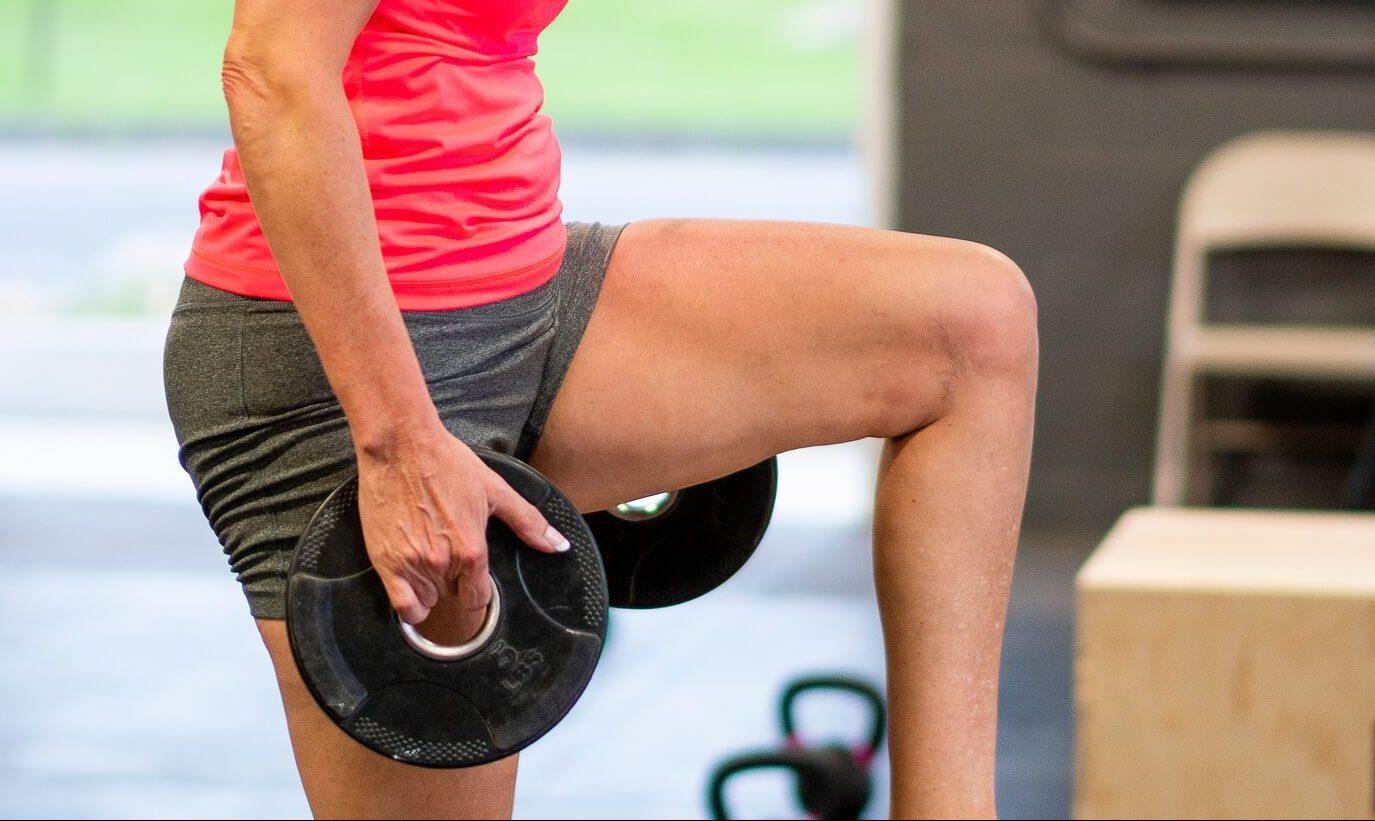What is OA?
Osteoarthritis (OA) is the most common lifestyle disease in individuals aged 65 years and older, but can also affect the much younger population.
There is a common misconception that OA is a wear and tear disease, but we now know this to not be the case.
In fact, we actually need exercise/loading through the joint to keep the cartilage healthy.
Instead, OA occurs when there is more degeneration than regeneration of cartilage causing it to thin.
Additionally, swelling from excessive fluid production, and weakening of other structures such as ligaments and menisci can occur.
Symptoms of OA
- Pain especially with increased activity and first thing in the morning.
- Instability/giving way
- Stiffness
- Reduced range of movement
- Redness, heat or swelling
- Poor function – difficulty with walking, stairs, kneeling, playing sport, labouring
Risk factors of OA
- Genetics
- Diet
- Weight
- Gender (females > males)
- Level of physical activity (very low or very high increases risk)
- Muscle weakness
- Previous joint injury
How is OA diagnosed?
Diagnosis of OA is based on symptoms and clinical findings.
MRI or x-ray will only identify severe cases of OA and hence you can often have symptoms for 10-15years before showing signs of OA on imaging.
Current national and international guidelines recommend patient education, exercise and weight loss as the first line of treatment for osteoarthritis.
However in Australia, only 3% are receiving this intervention and too often the first line of treatment offered is surgical intervention.
LifeCare Ashburton Sports Medicine GLA:D trained physiotherapists Kara Giannone and Bonnie Kerr are proud to deliver GLA:D (Good Life with Arthritis: Denmark) as an effective and safe alternative.
GLA:D is an education and exercise intervention developed by researchers and clinicians in Denmark for the treatment of hip and/or knee osteoarthritis (OA).
What does the program involve?
- An initial assessment with a GLA:D trained physiotherapist to determine eligibility for the program and collect baseline data on your current functional ability
- Two education sessions teaching you about OA, how the GLA:D Australia program work and what the evidence shows in regards to best treatment of OA
- Small group neuromuscular training sessions twice a week for six weeks (total of 12 x 1hour sessions)
Who can participate in GLA:D?
Individuals with hip and/or knee osteoarthritis symptoms, regardless of severity can participate in GLA:D.
You may not be appropriate for GLA:D if you have other reasons for your hip and/or knee pain.
Everyone is assessed on an individual basis therefore if you are unsure of your suitability, book in to see one of our GLA:D trained physiotherapists for an assessment.
If you have been diagnosed with patellofemoral pain (kneecap pain) or FAI (hip impingement) you may also benefit from the GLA:D program to prevent the onset of osteoarthritis.
You do not need a GP referral to participate in GLA:D however if you are eligible for an Chronic Disease Management Plan (formerly known as EPC plan) you may utilise this for your initial assessment.
Is GLA:D effective?
Thousands of people around the world have completed GLA:D and had excellent results immediately after the program and 12 months after starting the program.
Research has shown the program has been able to reduce symptom progression by 32%.
Participants are reporting less pain, improved function, improved quality of life, reduced rates of sick leave and reduced need for pain killers (1 in 3 people stopping pain killers altogether).
Additionally GLA:D reduces/delays the need for surgical interventions.
How can I be involved in the GLA:D program?
Kara and Bonnie hold FREE monthly education sessions that are open to the public to attend to find out more about the GLA:D program.
Alternatively, you may book in to see Kara or Bonnie for an initial assessment to determine your eligibility for the program.
You are able to claim your GLA:D sessions under private health insurance.

